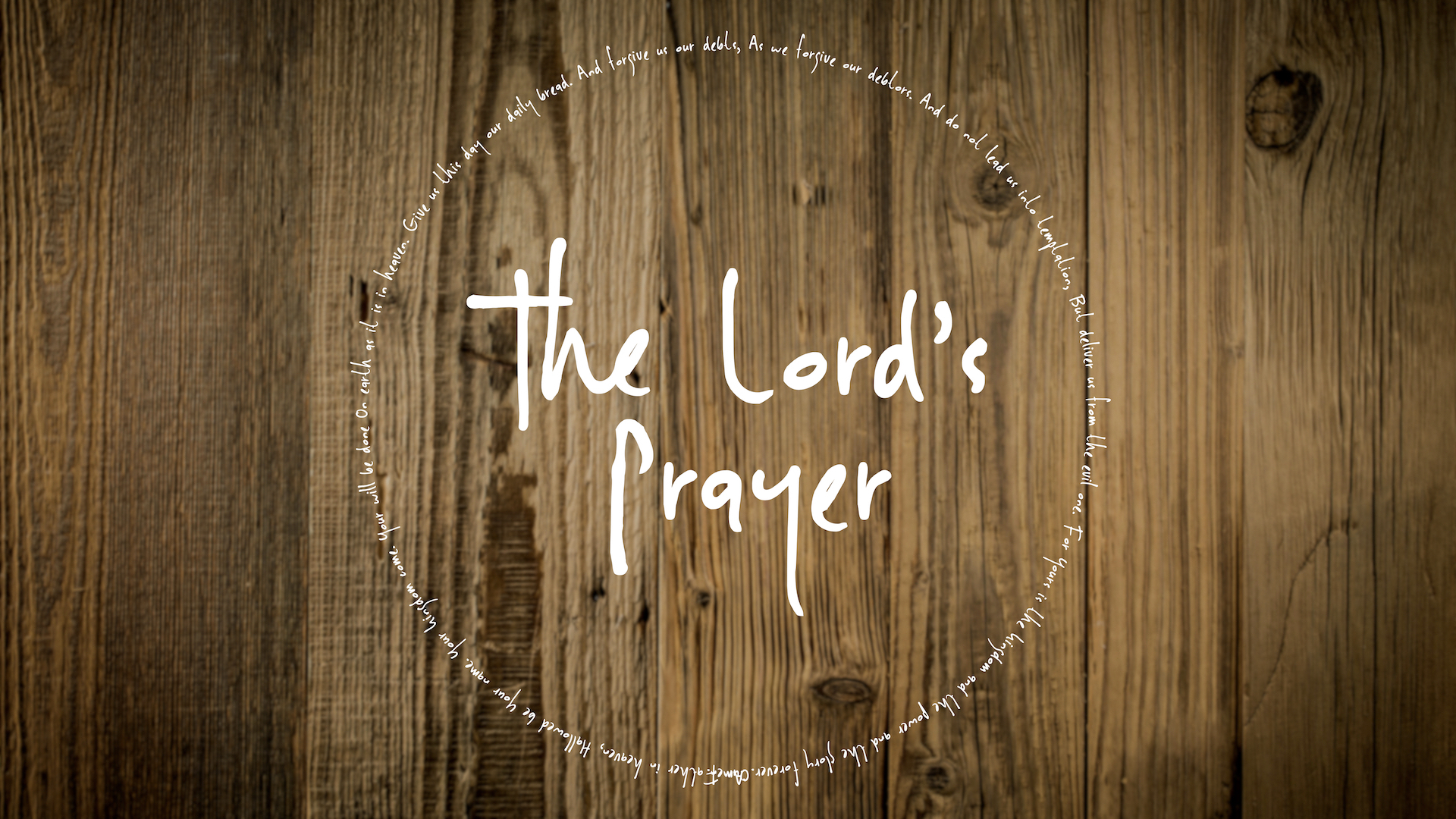Scripture Reading: Numbers 14:39-45 & 15:32-36
Key Thought: Disobedience saps your spiritual strength and vitality
When you became a Christian what did you expect your spiritual life to be like?
How would you describe your level of satisfaction with your spiritual life?
List the first three of the D-Structive sins. Which one has been your biggest problem?
What steps are you taking to overcome that problem?
In the message today: What is the D-Structive Sin?
In Chapter 14, what is the disobedience?
Is it possible that a good thing at one time could become a bad thing at another time?
What is the cost of disobedience in this text?
Why do they not have spiritual success?
In chapter 15, what is the disobedient act?
Does it seem like that big of a deal to you?
Why do you think that it was treated so severely?
What do you think is the cost of disobedience for your own life?










